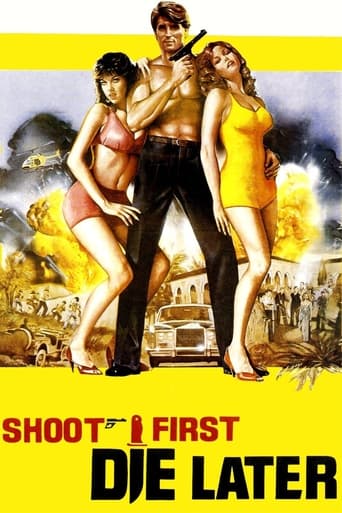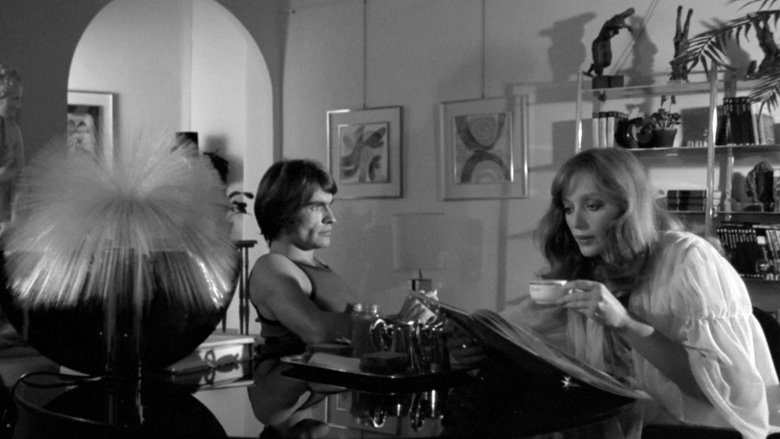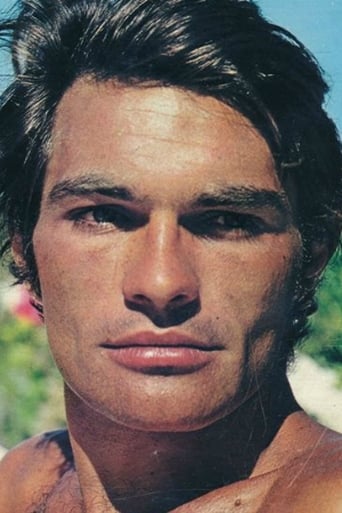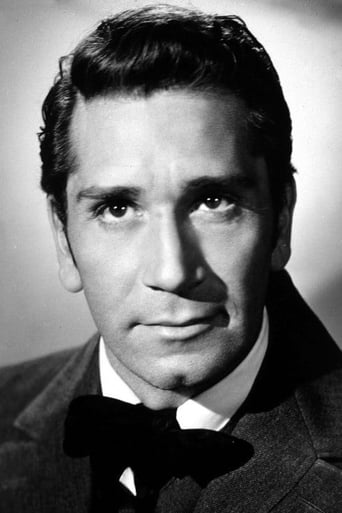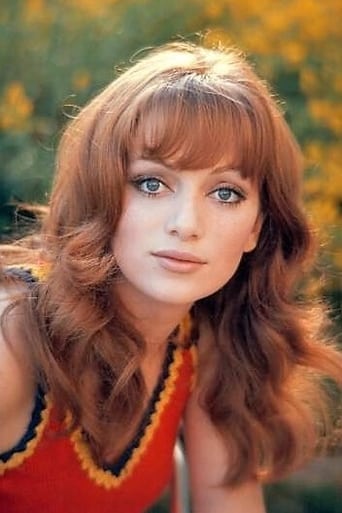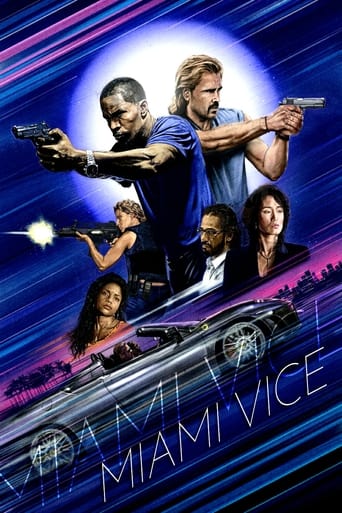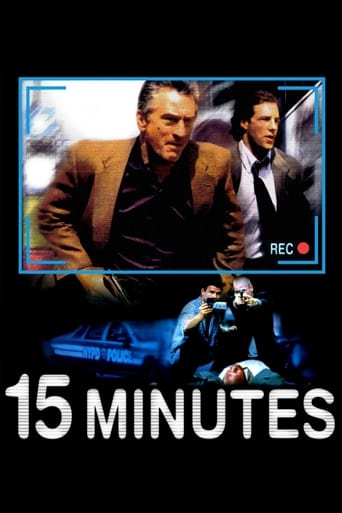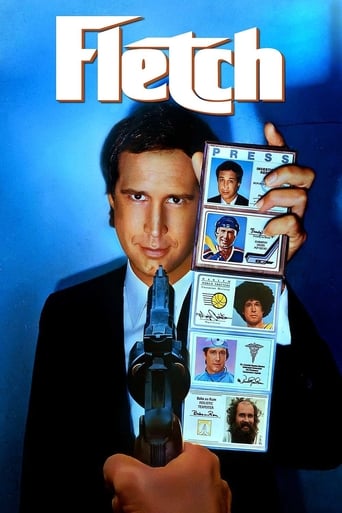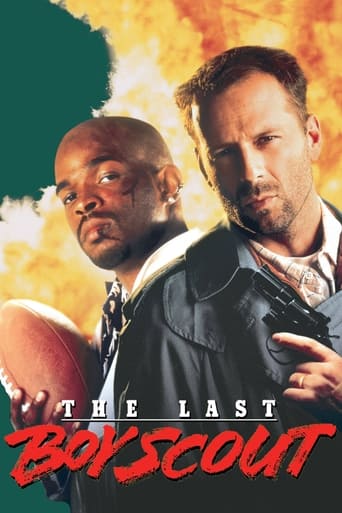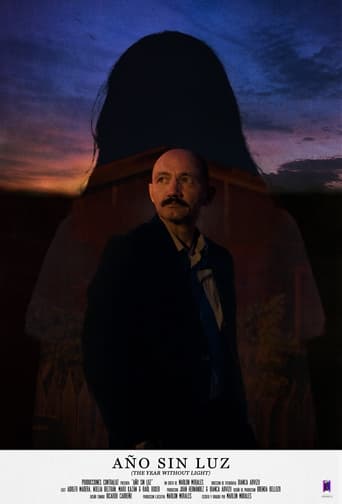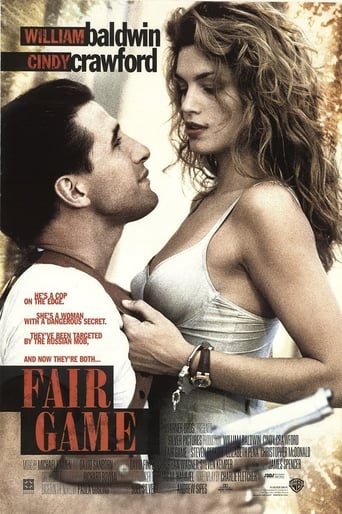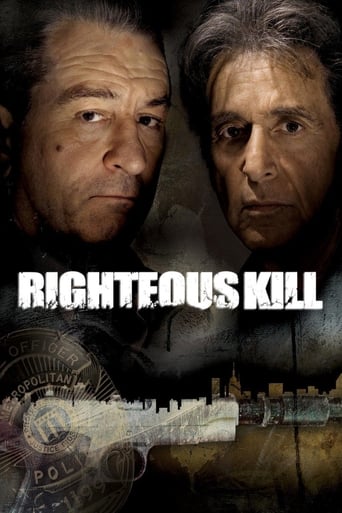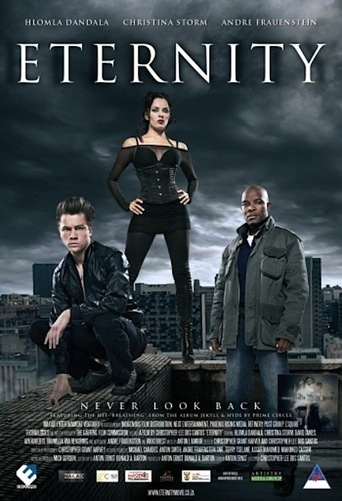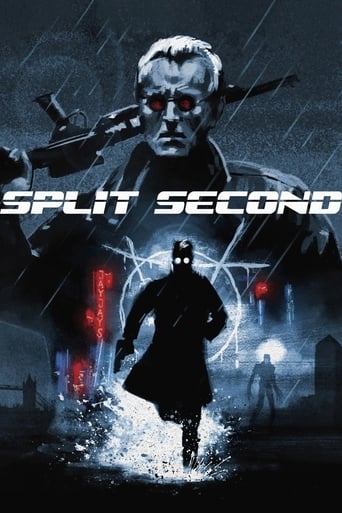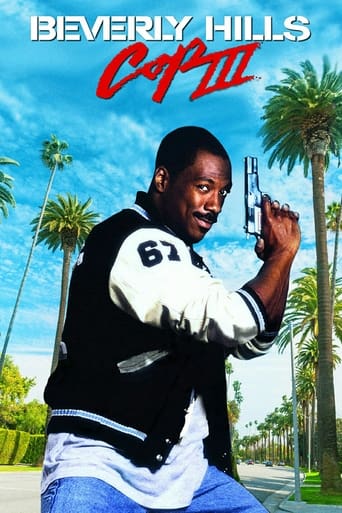Shoot First, Die Later (1974)
When mobsters try to put an honest policeman on the payroll, he seeks revenge on the mob. But, he soon learns that his actions, however honest, have dire consequences.
Watch Trailer
Cast


Similar titles
Reviews
I don't have all the words right now but this film is a work of art.
This is one of the few movies I've ever seen where the whole audience broke into spontaneous, loud applause a third of the way in.
There's no way I can possibly love it entirely but I just think its ridiculously bad, but enjoyable at the same time.
Through painfully honest and emotional moments, the movie becomes irresistibly relatable
This one stars Luc Merenda as a hard-nosed cop famed for taking down the bad guys in Milan, as we see during a pretty good shoot-out/car chase at the beginning of the film. Luc's also got a good thing going with his girlfriend, but we soon get to find out why he can afford to buy her such expensive things...Luc's a corrupt cop and is working for two mobsters who are paying Luc to turn a blind eye to all the tobacco and booze smuggling in the city. He kind of loses the rag a bit when their latest venture turns out to be gun running, but an increase in the old bribes softens that blow a little. There's a tiny bit of a problem, however. A nosy neighbour type has reported the registrations of two cars in his area that the mob would rather the police forget about, but to Luc this means going to that particular police station, which, unfortunately for him, is run by his own father. At the same time a body turns up in a steel drum and Luc now has to sort all this out before the mafia lose their already thin patience.What makes this one a bit different from the rough cop socking people in the jaw is that Luc is basically struggling to cover up his initial mistake of having trusted the mob in the first place, and becomes a victim of his own over-confidence. There's a greater emotional depth here too as Luc's relationships with his girlfriend and father become strained as his shady dealings rise to the fore. Those looking for the brutal violence of De Leo's other films won't be disappointed either, as many characters here are outright violently murdered rather than having shootouts with each other. These films usually work better with the brutality turned up to ten anyway, although the bit with the kitten wasn't called for. As usual. This trend would get much, much worse!I can't decide if Luc Merenda is a good actor or not because he just kind of glares at everything.
Umberto Lenzi was the Italian director responsible for delivering the – hands down – most exhilarating, gratuitously violent and smuttiest Poliziotesschi thrillers of the 1970s, but his colleague Fernando Di Leo was the genius who arguably made the ones with the best screenplays, most unsettling atmospheres and most intriguingly profound character drawings. Evidence for this opinion/statement can be found in his vastly superior crime trilogy (containing the masterworks "Milano Calibro 9", "La Mala Ordina" and "Il Boss") but further proof also comes from this truly overpowering "Il Poliziotto è Marcio" aka "Shoot First, Die Later". Di Leo's films are slightly more qualitative and memorable because he thinks outside of the box and continuously adds new elements to the successful Poliziotesschi formula that he co-created himself. Lenzi's films, for example, are mostly straightforward thrillers in which one unbreakable super-cop (usually Maurizio Merli) battles against entire crime networks but also against the corrupt political system. Domenico Malacarne, the protagonist here, is an utterly corrupt detective himself! The original Italian title is therefore a lot more meaningful as the popular international title; as it literally translates as "The Cop is Rotten" and even the anti- hero's last name (meaning "bad meat") gives a good indication of the story content. Malacarna is the most successful lieutenant of his Milanese precinct and often gets applauded by his superiors as well as in the local press for uncovering minor drug-trafficking rings and arresting small time crooks. His dark secret, however, is that he simultaneously works as informant for the local mafia boss Pascal and his nefarious attorney Mazzanti. When the mafia starts demanding favors that are even for Malacarna too immoral, his whole empire falls apart and his loved ones become endangered. It may sound unusual, perhaps, but the strongest moments in "Shoot First, Die Later" are the dramatic and emotional scenes rather than the violent ones. Notably the sequences where Malacarne's proud and deep-honest father discovers the truth and gets confronted with the true nature of his beloved son are intense and genuinely painful to observe. Of course, Di Leo never forgets that he's busy making an unhinged Poliziotesschi and thus the film is luckily also full action and brutality, including two virulent car chases, shocking annihilations and senseless cruelty (poor kitten!). Luc Merenda ("The Violent Professionals", "Kidnap Syndicate") is sublime as the simultaneously loathsome and charming anti-hero, and he receives good support from the entire ensemble cast. The intelligent script, in combination with Di Leo's craftsmanship and the smooth soundtrack (Luis Bacalov) make this a top-10/must-see Poliziotesschi.
I'm not the biggest fan of the Poliziotteschi genre, frequently finding the 'cops versus bad guys' formula rather dull, but Shoot First, Die Later is actually very entertaining, its 'dirty' cop protagonist being far more interesting than a traditional 'good guy'.As played by Luc Merenda, Lieutenant Domenico Malacarne is a celebrated Milanese cop who is actually on the take from the mafia. But when the gangsters begin to ask a little more of him than he is willing to give, things take a turn for the worse, with those closest to Malacarne paying the price for the cop's shady shenanigans.Director Fernando Di Leo expertly balances the drama with action, delivering a movie that is both gripping and exciting. Malacarne's relationship with his father—who is devastated when he learns of his son's misconduct—provides the emotional heart of the movie, while two well executed car chases and some shootouts get the adrenaline pumping. The film also features plenty of brutal violence, including two shocking murders and the senseless killing of a cat!A suitably nihilistic finale rounds off the movie in style. 7/10 – Highly recommended for fans of the genre, and still well worth a watch for those who aren't.
Though generally a tad overrated (neither Milano Calibro 9 nor Il Boss are the transgressive "masterpieces" some Italocinema fetishists want them to be), so-called "cult" director Fernando di Leo manages to strike some grippingly dissonant chords in Shoot First, Die Later, the original title being less sensationalistic than bone dry: The Rotten Cop. While most poliziotteschi are essentially feelgood movies, the degenerates and lowlifes getting what they justly deserve, this one marches to an entirely different drum. At its core a father-son story – the excellent Salvo Randone playing Pops to the opposite of leading beau Luc Merenda –, it's a cynical morality play about a model cop appropriately named Malacarne (literally meaning "bad meat") who feels perfectly comfortable with being on the payroll of the mafia until things go terribly awry: Unlike the cheap-thrills roller coaster violence of other Eurocrime movies, the stark brutality here comes across as callous, pitiless, not even nasty, but unpleasant through and through; actually, the two car chases, skillfully done by stunt coordinator Rémy Julienne, feel like a concession to the regular poliziotto crowd. In its acidly sarcastic Weltanschauung and the complete lack of redeeming qualities, Shoot First, Die Later is doubtless more akin to the cinema of Rosi, Damiani or Elio Petri than to the staccato over-the-top action of Castellari or Lenzi: A doom loop of human failings.

